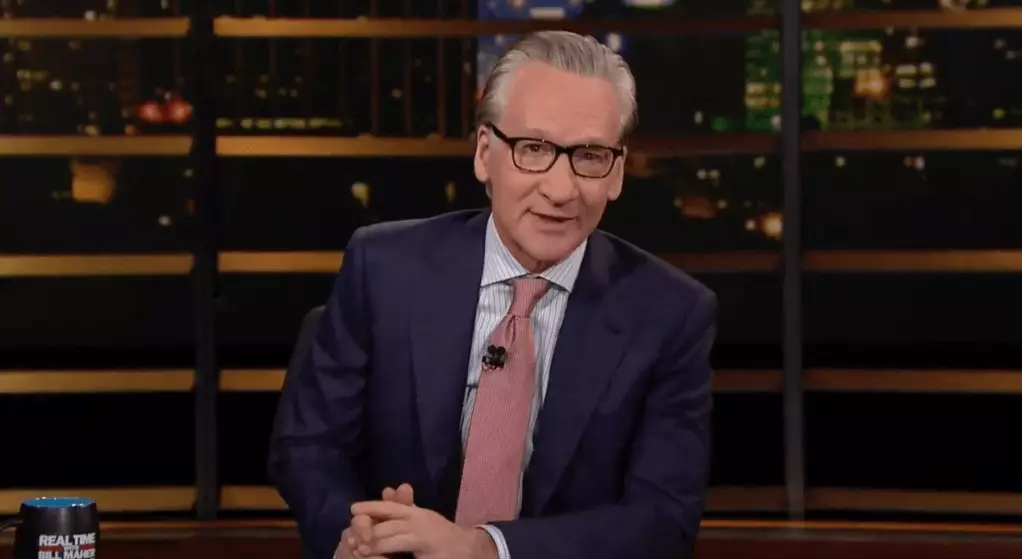Bill Maher, known for his controversial humor and unapologetic commentary, has recently labeled himself as a “centrist.” However, this claim raises questions about whether Maher’s brand of comedy can truly embody moderation. As the entertainment industry undergoes a shift in audience demographics, with older viewers dominating television and live shows, the question remains: can Maher’s edgy and politically charged humor resonate with a more mature audience seeking less abrasive content?
The Restless Nature of Stand-Up Comics
Stand-up comedians, by their very nature, are known for their irreverent and boundary-pushing humor. Figures like Don Rickles and Johnny Carson embodied a certain level of hostility and cynicism in their interactions, using insults as a comedic tool. Maher, however, presents a unique case, as he attempts to balance his sharp wit with a semblance of friendliness in personal conversations. Yet, his competitive streak and constant need to prove his intellectual superiority often undermine any attempts at genuine camaraderie.
In his latest book, “What This Comedian Said will Shock You,” Maher emphasizes the importance of unity and mutual understanding in a deeply divided society. He advocates for a middle ground where individuals can coexist despite their differences, a message that stands in stark contrast to his earlier controversies and confrontational style. Maher’s evolution towards centrism, while commendable, faces scrutiny due to his history of provocative statements and polarizing rhetoric.
As political ideologies shift and traditional frameworks are challenged, the concept of centrism gains traction as a potential solution to the current political stalemate. Analysts like David Leonhardt suggest that a new form of moderation, distinct from the failures of neoliberalism, could emerge as a viable alternative. Maher’s alignment with this new wave of centrism reflects a broader trend towards seeking common ground in a time of heightened polarization and ideological extremism.
Maher’s attempt to rebrand himself as a centrist in the entertainment and political spheres signifies a deeper desire for unity and understanding. While his past controversies and provocative style may overshadow his message of moderation, Maher’s willingness to adapt and evolve should not be discounted. As audiences demand a more nuanced and inclusive form of humor, Maher’s journey towards centrism serves as a reflection of the evolving landscape of comedy and political discourse.

Leave a Reply